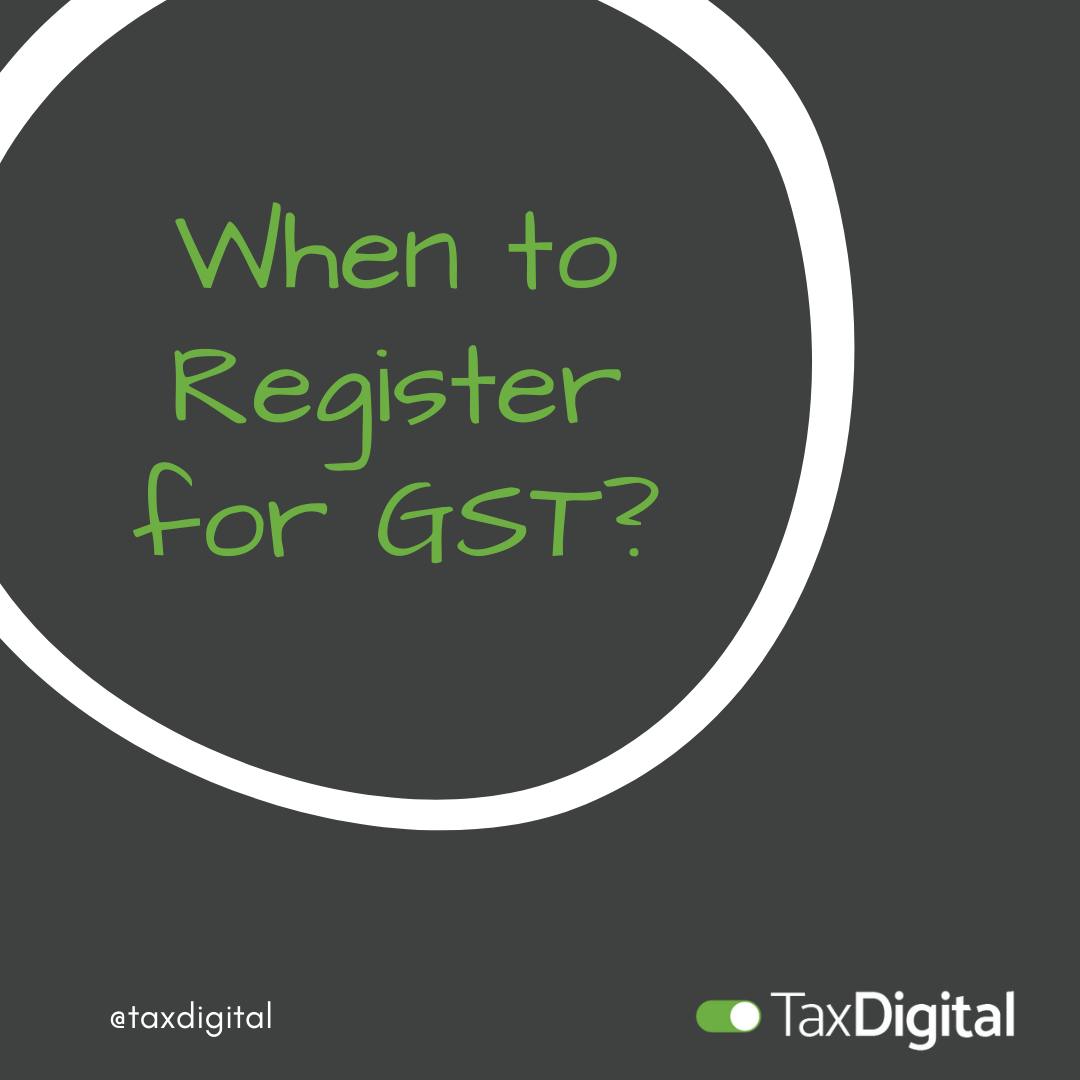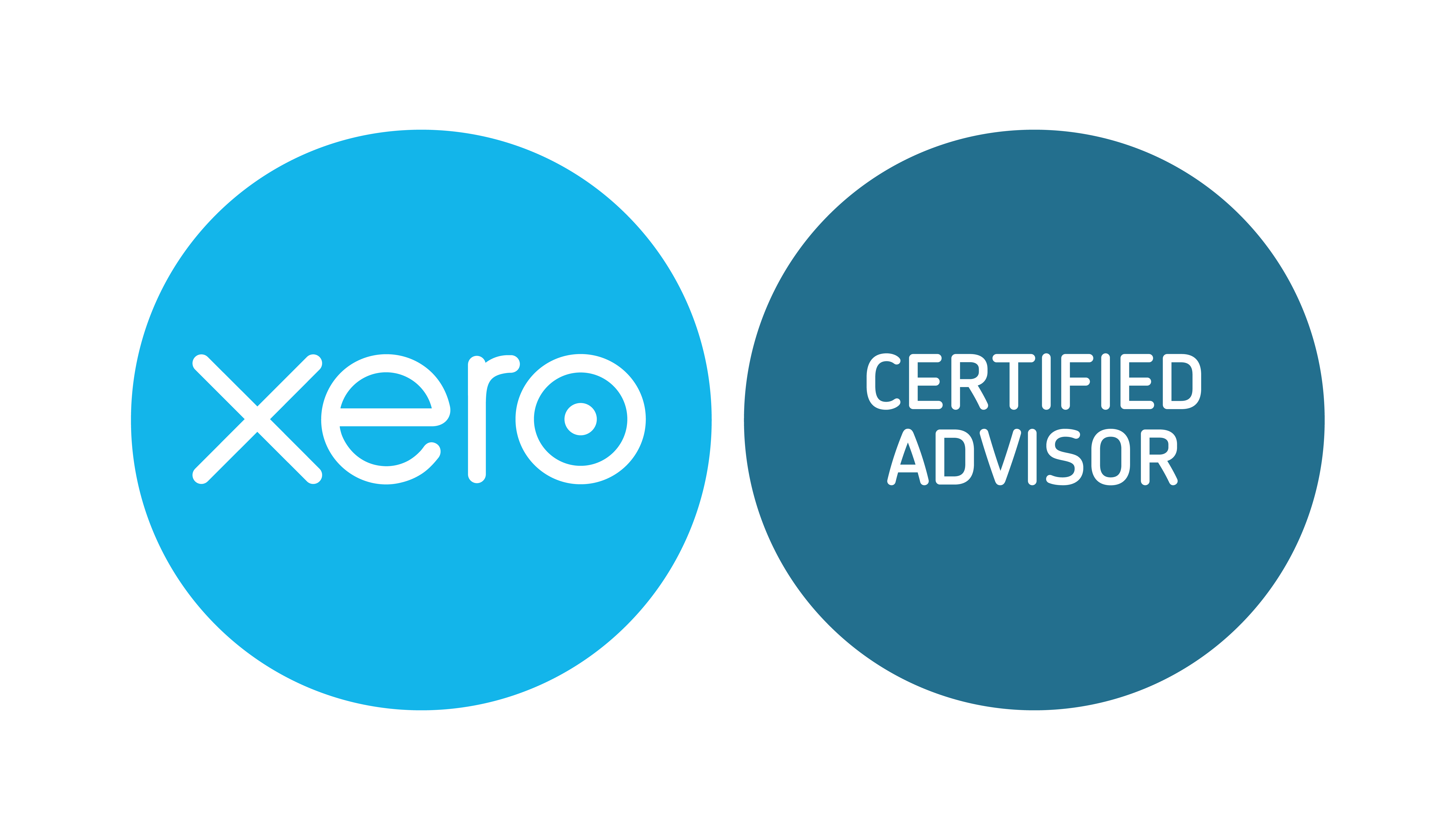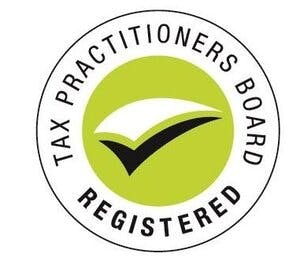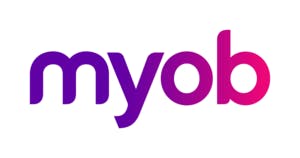When To Register For GST?

By Travis Bacon
December 12, 2021

As a small business, knowing when to register for GST is crucial to ensure that you remain compliant. By being ahead of the curve and registering early, you may boost your cash flow in those early stages of business when things are a bit tight. Firstly, let's take a look at what GST is and what it means to be registered for GST.
What is GST?
Goods and Services Tax (GST) is a form of consumer tax that is added to most prices in Australia. The current rate of GST in Australia is 10%. As a business, if you are registered for GST, you must charge your customers GST and pay it to the Australian Tax Office (ATO).
For example, if you sell a laptop for $1,000, you would need to charge an additional 10% of GST; the total sale price will be $1,100. The additional $100 you collect from your customer will need to be paid to the ATO.
The great bit about being a business is that you can offset the amount you owe the ATO by the amount of GST your suppliers have charged you.
For example, if the same laptop above costs you $880 ($800 + 10% GST), you can offset this $80 of GST against the $100 you would owe to the ATO. Now you only have to pay $20 ($100 less $80) to the ATO; you can pocket the rest.
When to Register for GST
Not every business needs to be registered for GST. However, businesses that meet the following criteria must be registered for GST:
when your business or enterprise has a GST turnover (gross income from all businesses minus GST) of $75,000 or more
when you start a new business and expect your turnover to reach the GST threshold (or more) in the first year of operation
if you're already in business and have reached the GST threshold
if your non-profit organisation has a GST turnover of $150,000 per year or more
when you provide taxi or limousine travel for passengers (including ride-sourcing) regardless of your GST turnover – this applies to both owner drivers and if you lease or rent a taxi
if you want to claim fuel tax credits for your business or enterprise.
It is important to note that a business that does not meet the above criteria can still register for GST. However, if they register for GST, they must stay registered for a minimum of 12 months.
Why would I register voluntarily?
There are two main reasons a small business would voluntarily register for GST:
- Right or wrong, often, other businesses and financial institutions will automatically assume that your sales are at least $75,000. This gives the impression that you are well established and have a proven track record.
- In the early stages of operating a small business, you may find your expenses are greater than your income. By being registered for GST, you will boost your cash flow by getting a GST refund.
What does it mean to be registered for GST?
If you're a GST registered business, you must add GST to your prices and also need to issue GST invoices to your customers. In addition, you will need to lodge a Business Activity Statement (BAS) with the ATO. A BAS declares how much GST you have collected from your customers and paid to your suppliers. Don't stress about this, as modern accounting systems like Xero, can calculate these amounts for you.
How can TaxDigital help?
At TaxDigital, we assist small businesses with their obligations, ensuring they have the tools to achieve success. We do this by offering our comprehensive bookkeeping and accounting services, which includes strategic advice regarding GST and other statutory registrations. TaxDigital can also act as your intermediary when dealing with the ATO for your BAS/GST obligations, so you don't have to.
If you would like some personalised advice or assistance, feel free to reach out to us on 0407 438 849 or contact@taxdigital.com.au.
This is general advice only and does not take into account your financial circumstances, needs and objectives. Before making any decision based on this document, you should assess your own circumstances or seek personalised tax advice from us at TaxDigital. Information is current at the date of issue and may change.
Recent publications
Get the latest industry and tax information from our small business blog.






